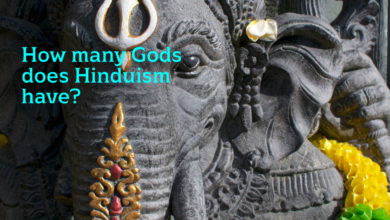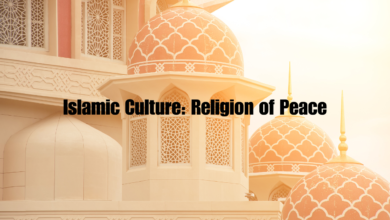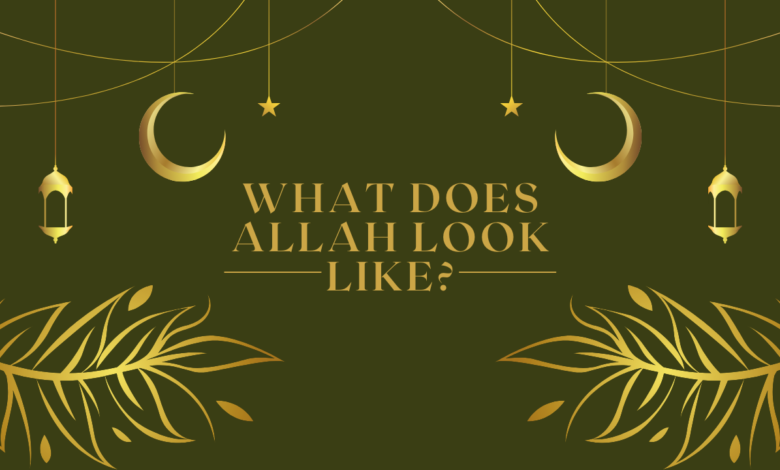
What Does Allah Look Like?
No, Islam strictly prohibits any visual depiction or representation of Allah. Such attempts are considered blasphemous.
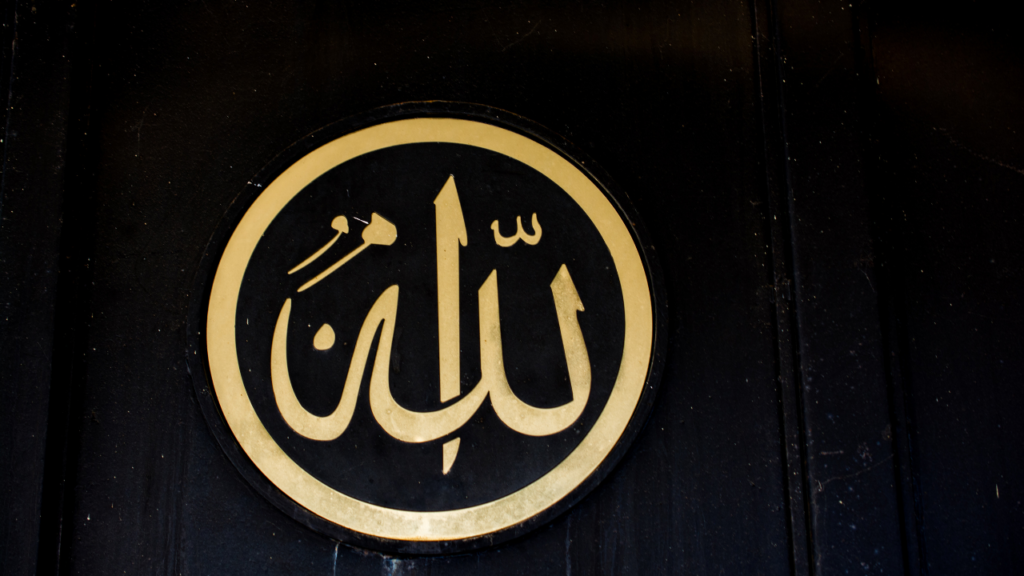
Introduction
The concept of the divine is a fundamental aspect of human spirituality and has been a subject of contemplation and discussion across different cultures and religions. In Islam, the central figure of worship is Allah, the one and only God. However, unlike some other religions, Islam provides specific guidance about the depiction of Allah, emphasizing His transcendence and the absence of any physical form. In this article, we will explore the Islamic perspective on what Allah looks like and the reasons behind this unique belief.
The Islamic Perspective
In Islam, Allah is believed to be beyond human comprehension and imagination. Muslims believe that Allah is the creator of the universe, the all-powerful, all-knowing, and infinitely merciful deity. While Allah is often referred to using anthropomorphic terms in the Quran, such as having a face, hands, and eyes, these descriptions are understood metaphorically rather than literally.
- Absolute Transcendence: The Quran clearly states that there is nothing comparable to Allah (Surah Ash-Shura, 42:11). This concept of absolute transcendence means that Allah is beyond any physical or human attributes. Allah cannot be limited or confined to any form or shape.
- Beyond Human Senses: Allah’s nature is beyond human senses. Muslims believe that Allah cannot be seen, heard, or touched in any physical way. The Quran asserts that “Vision perceives Him not, but He perceives [all] vision” (Surah Al-An’am, 6:103). This verse underscores Allah’s ability to see and know everything while remaining unseen Himself.
- Prohibition of Depictions: Islam strictly prohibits the visual representation or depiction of Allah. This prohibition extends to any attempt to create an image, sculpture, or drawing of Allah. This is rooted in the belief that any such depiction would be misleading and limit the true nature of Allah.
Also check.
- Who is the Wessiah in Islam?
- What is Wudu in Islam?
- What is Jihad in Islam?
- What is a Prophet?
- What is Sunnah in Islam?
Reasons Behind the Islamic Belief
Several important reasons underlie the Islamic belief that Allah cannot be depicted or assigned a physical form:
- Monotheism: Islam places a strong emphasis on the oneness of Allah. Any attempt to represent Allah visually can lead to the misconception that there are multiple deities, which goes against the core Islamic belief in monotheism.
- Avoiding Idolatry: Islam aims to prevent the worship of idols or physical representations. By forbidding any visual depictions of Allah, Islam reduces the risk of idolatry and reinforces the belief in the formless nature of the divine.
- Preserving Allah’s Majesty: Allah’s transcendence and incomprehensible nature are central to Islamic theology. By avoiding any visual representations, Muslims aim to maintain the sense of awe and reverence for Allah’s majesty and greatness.
- Fostering a Deeper Connection: Muslims believe that a deep spiritual connection with Allah is best achieved through prayer, meditation, and contemplation, rather than through visual representations. This approach encourages a more profound and personal relationship with the divine.
Conclusion
In Islam, the question of what Allah looks like is approached with a strong emphasis on transcendence, monotheism, and the avoidance of idolatry. Allah is believed to be beyond human comprehension and cannot be represented in any physical form. This belief is rooted in the Quran and has profound implications for Islamic spirituality, reinforcing the idea that Allah is a formless, all-powerful deity worthy of worship and devotion. Muslims strive to connect with Allah on a spiritual level, understanding that His true nature transcends any human understanding or depiction.
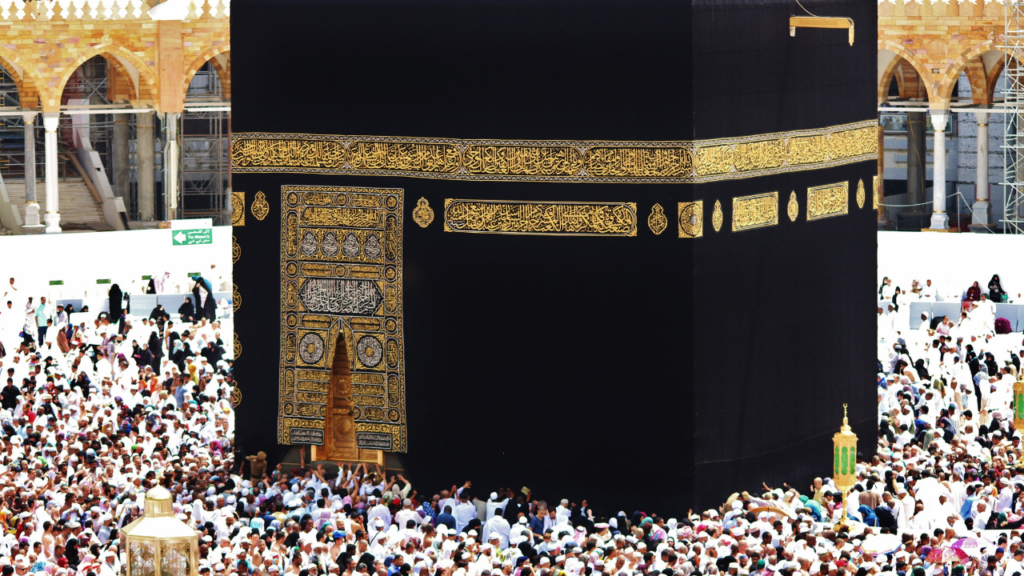
FAQs
Can Allah be visually depicted in any way?
No, Islam strictly prohibits any visual depiction or representation of Allah. Such attempts are considered blasphemous.
Why is there a prohibition on depicting Allah?
The prohibition is rooted in the Islamic belief in Allah’s transcendence, monotheism, and the avoidance of idolatry. It aims to maintain the purity of Allah’s nature and prevent the worship of physical representations.
Does the Quran describe Allah’s physical appearance?
The Quran uses anthropomorphic terms to describe Allah, such as having a face, hands, and eyes. However, these descriptions are understood metaphorically, emphasizing Allah’s attributes rather than physical characteristics.
How do Muslims connect with Allah if there are no visual representations?
Muslims connect with Allah through prayer, meditation, and contemplation. They believe that a deep spiritual connection is best achieved through these means rather than visual depictions.
Is it considered disrespectful to ask what Allah looks like?
It is not disrespectful to seek understanding, but it is important to approach the question with sensitivity and respect for Islamic beliefs. Muslims typically explain that Allah’s true nature transcends human comprehension.
Are there any historical depictions of Allah in Islamic art?
Islamic art traditionally avoids representing Allah in any form. Instead, Islamic art often focuses on geometric patterns, calligraphy, and depictions of nature.
Do all Muslims share the same understanding of Allah’s nature?
While the core belief in Allah’s transcendence is universal among Muslims, there may be some variation in theological interpretations within different Islamic traditions and schools of thought.
Are there any exceptions to the prohibition on visual depictions of Allah?
In Islam, there are no exceptions to this prohibition. The belief in Allah’s formlessness is a fundamental aspect of Islamic theology.
How does the belief in Allah’s formlessness affect Islamic worship and spirituality?
The belief reinforces the idea that Allah is an all-powerful and formless deity worthy of worship and devotion. It encourages Muslims to cultivate a deeper spiritual connection through prayer and contemplation.
Is the belief in Allah’s formlessness unique to Islam?
While the specific theological details may differ, the concept of a formless, transcendent deity is not unique to Islam and can be found in other monotheistic religions.
